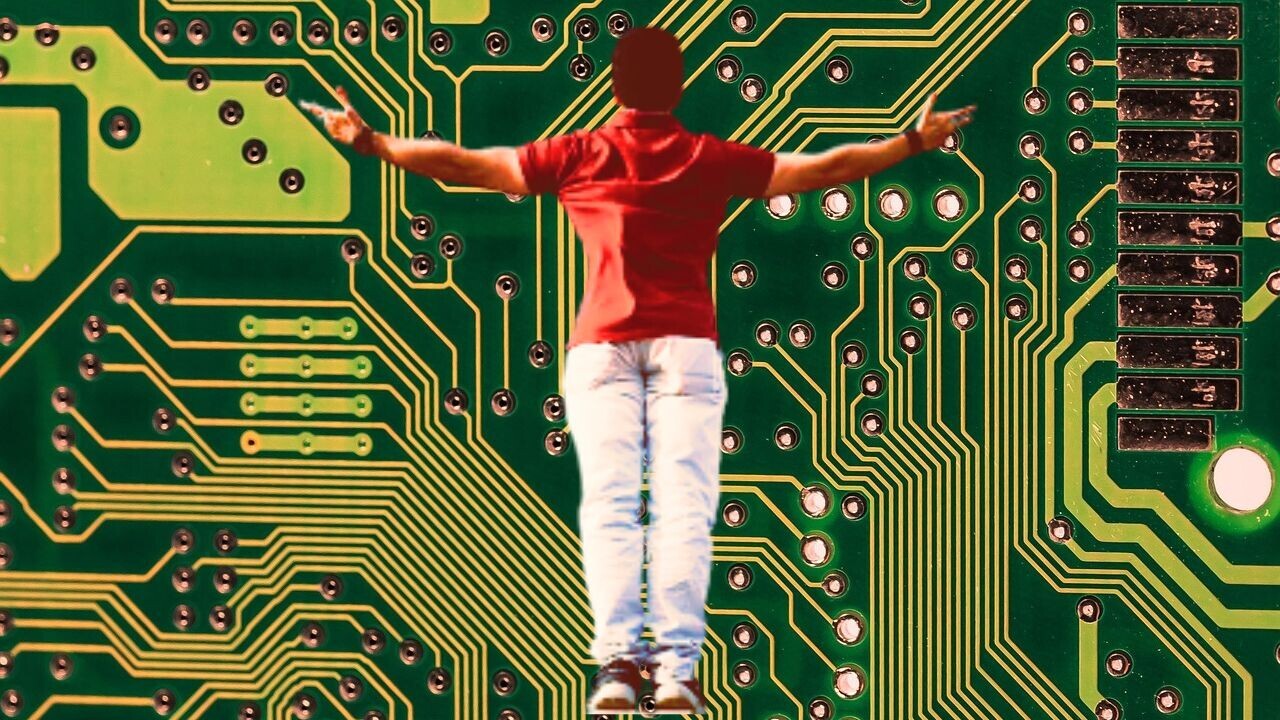Our world runs on semiconductors. The silicon slivers are the brains of our phones, computers, cars, data centres, and stock markets. They’re also the digital backbone of modern militaries.
Some of the first chips ever made were used in missile guidance systems. Today, they power countless military devices, from fighter jets and howitzers to radios and radar.
In the Russia-Ukraine war, semiconductors enable HIMARS rocket launchers, Javelin anti-tank missiles, and the Starlink communications satellites. They’re also integral to the arms race underway in East Asia, where territorial disputes in the East and South China Seas risk spiralling into a major conflict. The rise of artificial intelligence adds another dimension to the hostilities: there’s now a dearth of AI chips.
In the EU, the shortages and frictions led the bloc to introduce the €43bn Chips Act. The investment package aims to boost local production and reduce international dependencies. Experts, however, have downplayed any prospects of sovereignty.
According to Chris Miller, the author of Chip War, the EU has “no chance” of semiconductor independence — and neither does anybody else.
The problem, he argues, is that the supply chain is simply too globalised and interconnected.
“Independence is hopeless,” Miller, an economic historian, told TNW at the IFA Berlin tech show. “It’s not going to happen — nor do I think Europe is pushing for it.”
A divided industry
In Chip War, Miller recounts the decades-long battle to control semiconductors, which today centres on the rivalry between the US and China. Tensions between the nations have torn the chip world into two.
As the fractures widen, Beijing is trying to nurture a domestic semiconductor ecosystem. It’s currently the world’s largest importer of the devices, spending more money importing them than it does on oil.

To constrain China’s ambitions, Washington has imposed sweeping export controls on chip tech. In 2022, the Biden administration imposed its toughest sanctions yet. Under the new rules, the White House could block not only sales of chips made in the US, but also chips that use American components or software.
The move has disrupted China’s trade with Taiwan, which produces over 60% of the world’s semiconductors — and over 90% of the most advanced ones.
Sanctions have also created problems for Beijing in the EU, which has its own chip powerhouse: ASML.
The Dutch company is the world’s leading manufacturer of high-end chipmaking equipment. Without its gear, Chinese firms will have to overcome another obstacle to produce advanced chips.
That outcome could soon become a reality.
Europe’s chip future
Amid pressure from the US, the Netherlands began blocking exports of advanced chip manufacturing equipment on September 1. Analysts suspect the restrictions specifically target ASML.
The move has sparked fears that China will impose retaliatory restrictions. Miller, however, expects Beijing to proceed with caution. He notes that retaliation could backfire.
“China could cause disruptions in supply chains, but they could be just as impacted by the disruptions as the West is,” he said.
Nonetheless, the discord has amplified the calls for autonomy. Publically, the EU is pursuing a policy of “de-risking” rather than “decoupling” from China, but the geopolitical rifts have exposed the need for self-sufficiency. In response, the EU has made plans to produce 20% of the world’s semiconductors — double its current share — by 2030.
It’s a target that Miller believes is “possible,” but only with strong support from the member states and companies.
A precedent for this approach has been set this year in Germany. After offers of enormous subsidies, both Intel and Taiwan’s TSMC have pledged to build chip factories in the country.
Ultimately, semiconductor independence may be impossible — but the EU does already have unique strengths. In machine tools and power semiconductors, for instance, the bloc is home to some of the world leaders.
“I think Europe should keep focusing on what it’s historically been very good at, which is investing in R&D-intensive manufacturing industries,” said Miller.
“The goal is to have profitable chip companies with technological leadership positions — and Europe has that.”
Get the TNW newsletter
Get the most important tech news in your inbox each week.





